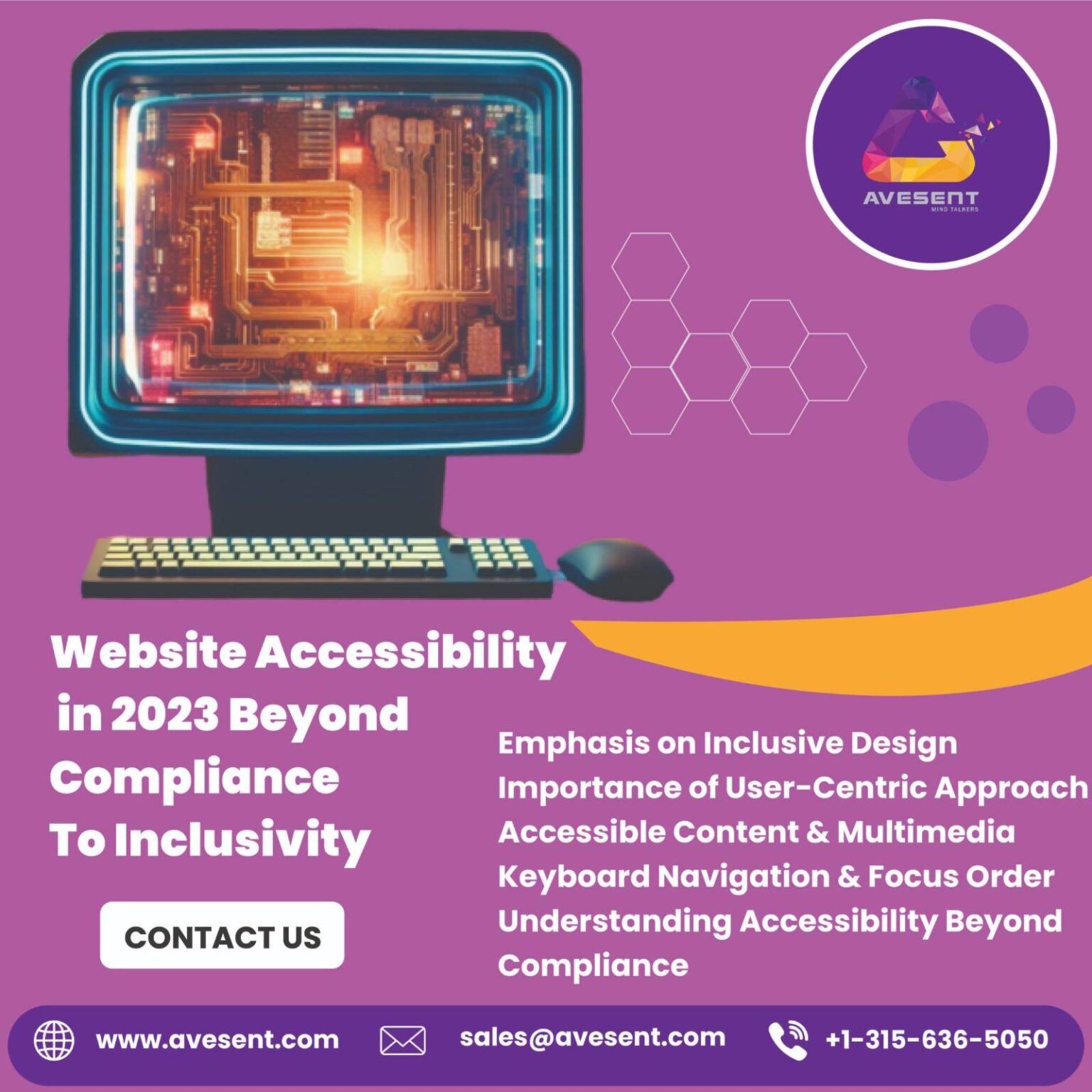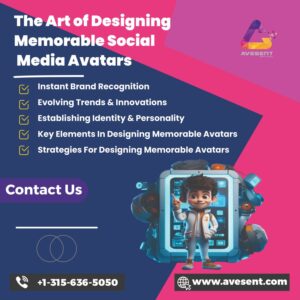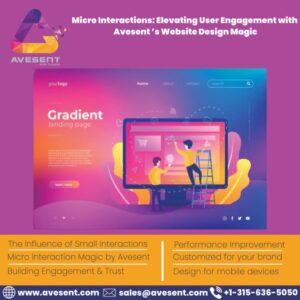In the digital landscape, website accessibility isn’t merely a regulatory requirement; it’s a fundamental aspect of creating an inclusive online environment for all users. As technology progresses, the focus on website accessibility continues to evolve, emphasizing not just compliance but a commitment to inclusivity. Partnering with an SEO services company ensures websites are not only accessible but also foster a welcoming and accommodating experience for diverse audiences.
Understanding Accessibility Beyond Compliance:
Website accessibility extends beyond meeting legal standards; it’s about creating a barrier-free digital space for everyone, including individuals with disabilities.
Emphasis on Inclusive Design:
Inclusive design principles focus on creating websites usable by the widest audience possible, irrespective of abilities or limitations.
Importance of User-Centric Approach:
Placing users at the center of design decisions ensures websites accommodate diverse needs, including those with visual, auditory, motor, or cognitive impairments.
WCAG 2.1 Guidelines and Evolving Standards:
Adhering to the Web Content Accessibility Guidelines (WCAG) 2.1 and staying abreast of evolving standards ensures websites remain accessible and up-to-date.
Technological Advancements and Accessibility:
Leveraging technological advancements, such as AI-driven tools or voice recognition, aids in enhancing accessibility features and user interactions.
Accessible Content and Multimedia:
Ensuring alternative text for images, captions for videos, and transcripts for audio content allows users of assistive technology to access multimedia content.
Keyboard Navigation and Focus Order:
Optimizing websites for keyboard navigation and maintaining a logical focus order facilitates ease of use for users with mobility impairments.
Color Contrast and Readability:
Prioritizing adequate color contrast and readable typography benefits users with visual impairments and enhances overall readability.
Accessible Forms and Inputs:
Implementing clear labels, error messaging, and easily navigable forms assists users with cognitive or motor impairments in form submissions.
Testing and User Feedback:
Regular accessibility testing and gathering user feedback aids in identifying barriers and improving overall website accessibility.
Educating Stakeholders and Teams:
Providing training and fostering awareness among stakeholders and development teams ensures a collective commitment to accessibility.
Continuous Improvement and Adaptation:
Websites should continuously evolve and adapt to meet changing accessibility needs and technological advancements.
Partnering with an SEO Services Company:
Collaborating with an SEO services company ensures comprehensive accessibility audits, adherence to best practices, and ongoing optimization for inclusivity.
Website accessibility in 2023 transcends legal obligations; it’s about fostering an inclusive digital environment where everyone can access and engage with online content seamlessly. Partnering with an SEO services company equips businesses with the expertise and commitment needed to go beyond compliance, champion inclusivity, and create websites that welcome and accommodate users of all abilities.




